On the Forgotten Banks of the São Francisco River
My Hunch Took Me Into a Hidden Brazil
The São Francisco River flows across the width of Brazil, steady and, at times, wide. I’d always had a hunch it was worth photographing, especially further inland where the pace slows and the river seems to settle into itself.
After wrapping up with the cowboys in Piauí, we headed down into Bahia, aiming for the coast. I wanted to give Mia a chance to stay in one place for a while. At least a month. Time for school, for making friends, for a bit of stillness. So we rented a place in a small beach village that promised just that. That’s where we were headed.
I looked at the map. A broad part of the river lay in our path. It suggested quieter rhythms. Fishing villages. Slow boats. Maybe even a swim. I felt drawn to it.
One town stood out—Remanso. Years ago, the original settlement was flooded to make way for a hydroelectric dam. The town was relocated uphill, and what remains below the waterline is said to surface when the reservoir dips low enough. It was small, out of the way. A few photos online showed a modest port. Even a river beach. It had potential.
We arrived. The beach was chaos—everything I try to avoid. Giant speakers blasted clashing soundtracks. Riverside bars fought for volume.
Trash littered the shore. In the waist-deep shallows, a kid stood eating chips. He crumpled the empty bag and tossed it into the river without thinking.
I left for the port. It had a kind of apocalyptic charm, if that’s the word. Dead fish lay scattered along the muddy ground. A small snake had its jaws around one, halfway through swallowing it. Still, I knew it would photograph well.
I met a father, his son, and their hired helper. They’d just returned from six days of fishing. The catch had been poor for the effort, they said, but still decent. I made a few photos. The father, the one in the photo above, offered to sell me some fish. I said yes, of course. He handed me a large surubim—a freshwater catfish common in this region—for about seven dollars. The son filleted it right there on the riverbank.
We couldn’t sleep at the port. The music from the beach carried through the night, still blaring at ten, even eleven. A fisherman who lived nearby said it sometimes lasted until dawn. “These people are inconsiderate,” he told me.
So we slept at a gas station instead, something you sometimes do in Brazil. Some are set up for long-haul travelers. It was surprisingly quiet.
At sunrise, we returned to the port. The water was still. Not much movement yet.
I met a man named Valdamir, who owned one of the small barracas—simple riverside stalls that serve food and drinks. Kind man. Big smile. Warm.
“If you need anything,” he said, “cook your breakfast here, whatever—my space is yours.”
He’d lived in São Paulo for years. Came back after retirement. Now he ran this little food stand by the river.
I went to eat breakfast back at the camper. Later, I saw some fishermen had returned. I walked over. They were pulling fish from tangled nets, cleaning them, tossing them into plastic crates.
One man asked about my camera. “How many clicks per second?” he said. Sharp guy. He told me he’d become a fisherman out of necessity, not choice. The others, he said, were born into it—came from fishing families.
If he had the chance, he’d travel too. Photograph life. Build a photo archive of everything he saw.
Then the conversation shifted to politics. He felt betrayed by both major parties. Said the left just talked, and the right only cared for themselves. It reminded me of the kind of frustration I’ve seen in the media back in the U.S.—disillusioned, cynical, but still paying attention.
I kept shooting. Looking for emotion, expression. Fish mid-air. Hands moving through nets. I didn’t quite get the frame I was hoping for, where it all came together, but I moved on to other fishermen.
One man was clearly still drunk from the night before. He reminded me of an Eastern European drunk, except warmer, softer.
He looked at me, puzzled, then turned to another fisherman and asked, “What’s he saying?”
Turns out he didn’t realize I was speaking Portuguese. Later, he began to catch about half of what I said. He shook my hand again and again, repeating, “We’re all friends here. Sorry if I said anything wrong.”
The morning felt warm. Strange. Beautiful… in a strange way.
Another fisherman looked serious—almost stern—but as soon as he spoke, his voice was soft, his manner gentle. That’s him smiling when the drunk man approach and playfully chatted.
A different man told me he’d once worked as a seaman near São Paulo. Lost his job. Went through a divorce. Moved back in with his parents. Now he was just trying to reset. No rush, he said.
The port was full of lives like that.
As the boats began heading back out to fish, I flew the drone—to get a wider view. A tiny port, full of stories.
We packed up the camper and got ready to explore some of the smaller villages along the São Francisco River. I had a good feeling.
It was clear no tourists ever made it out here. We were truly exploring. These were forgotten places, overlooked by the government, maybe by the world.
For some reason, that felt more reassuring than alarming. I was eager to see what else we’d find.

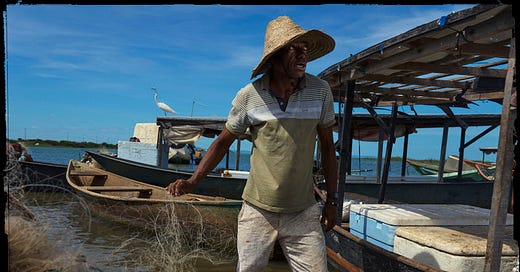



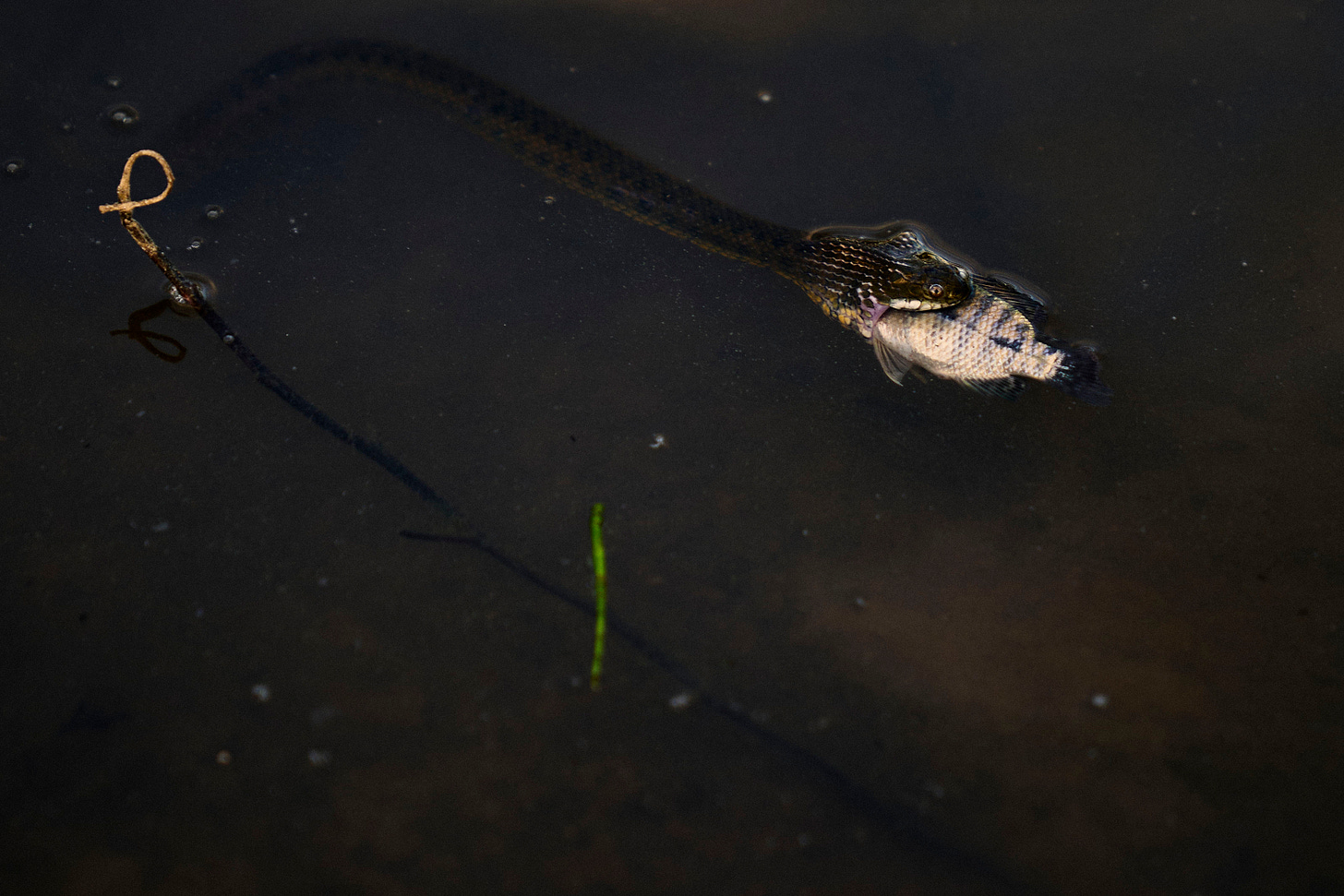
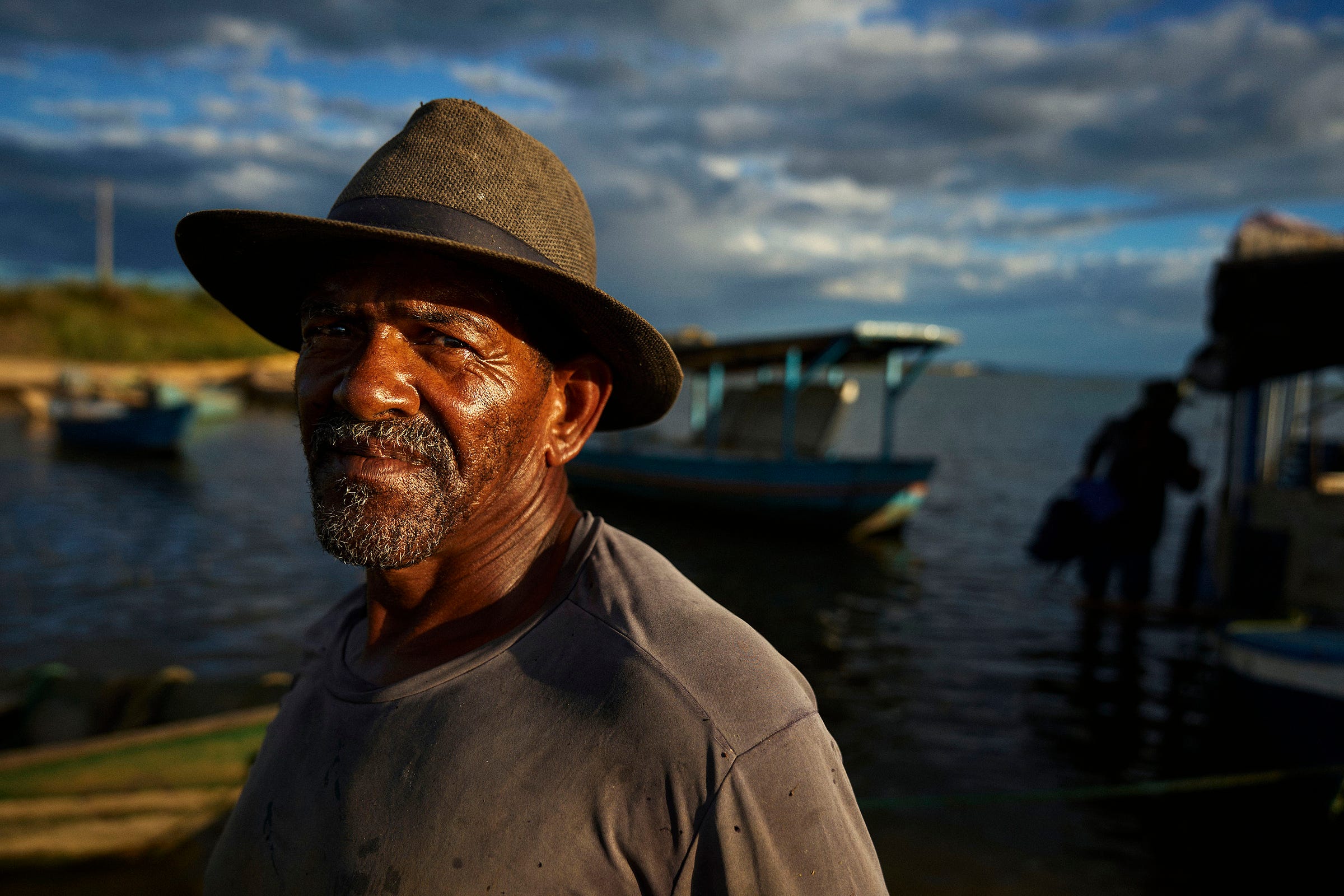

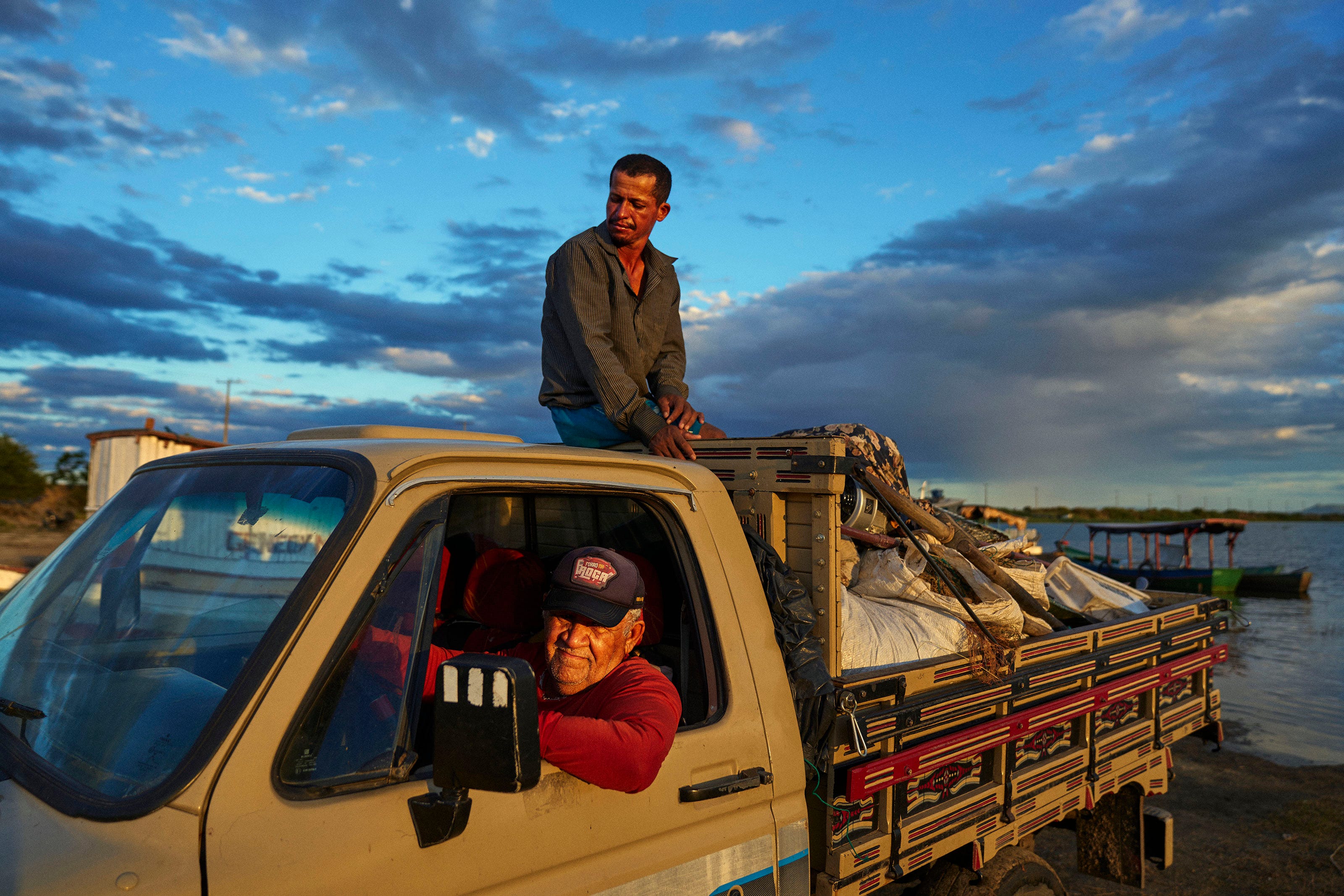
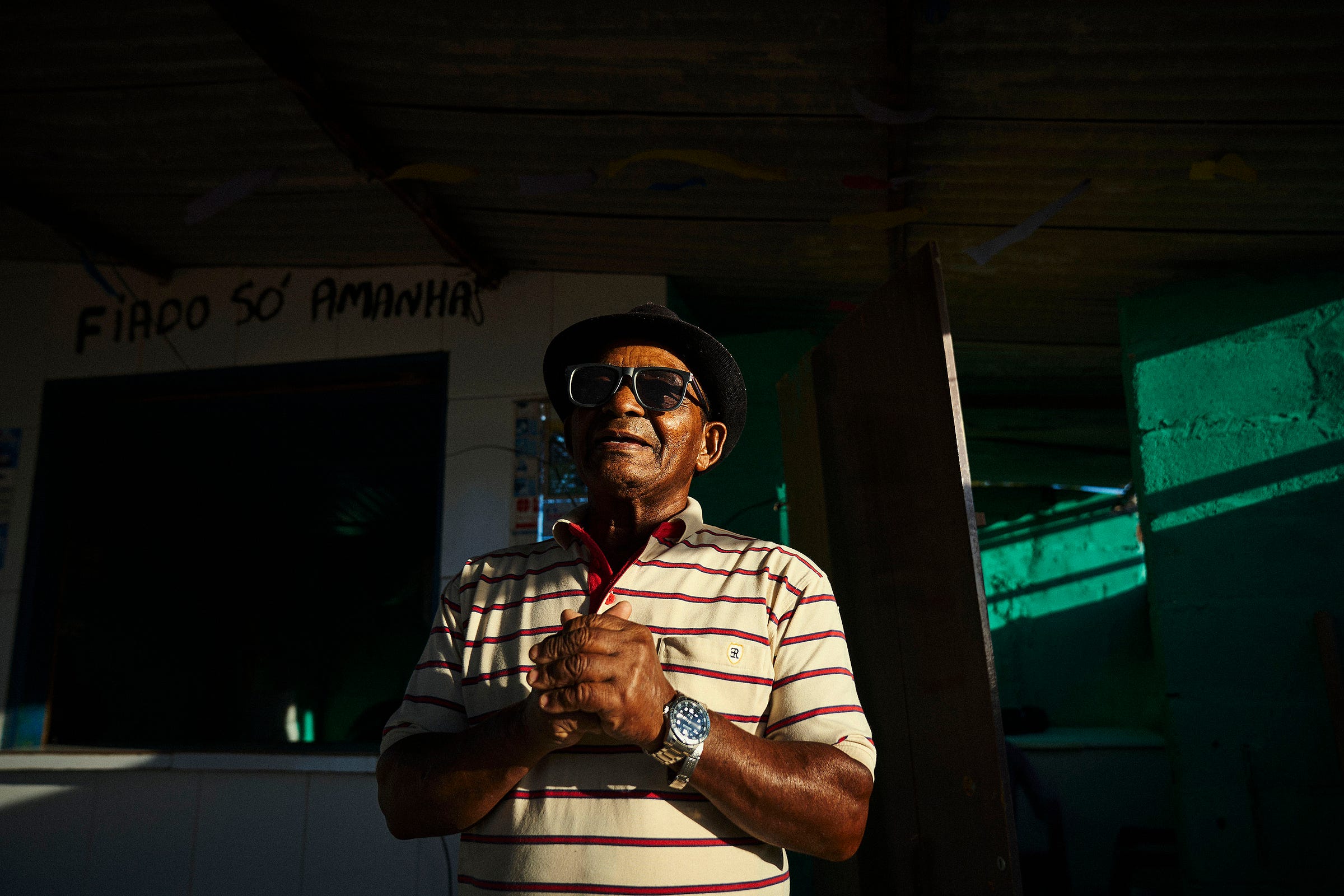
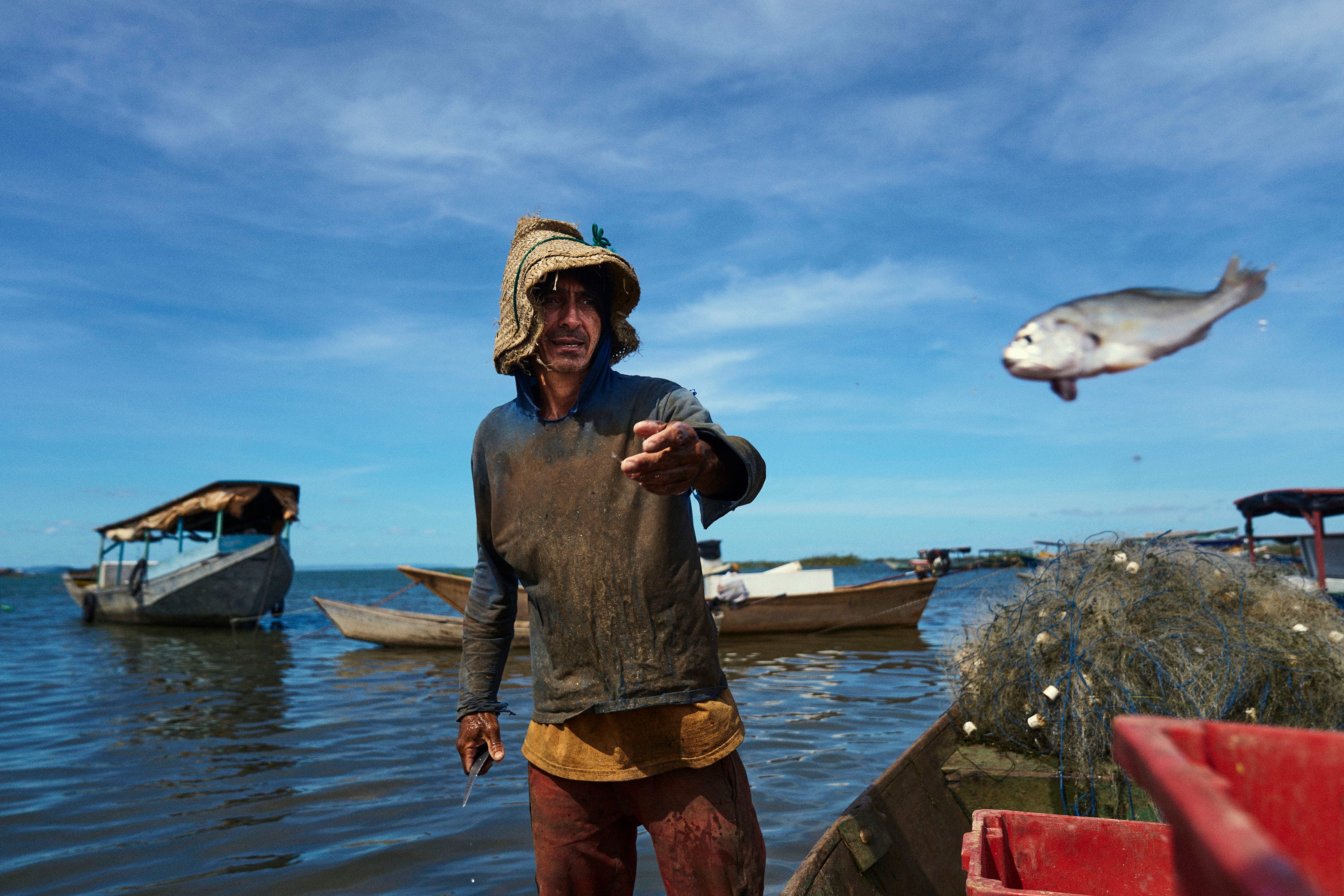
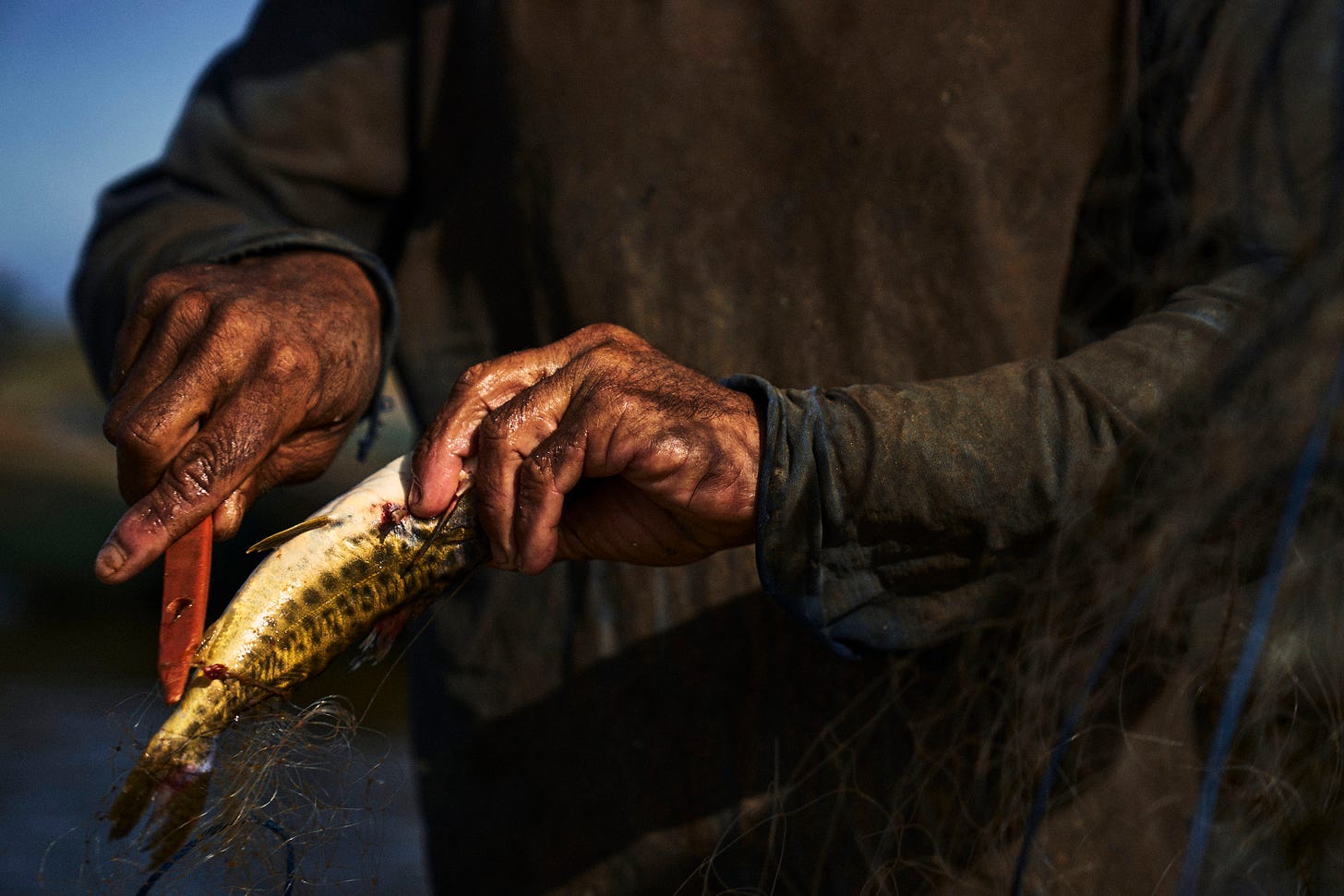
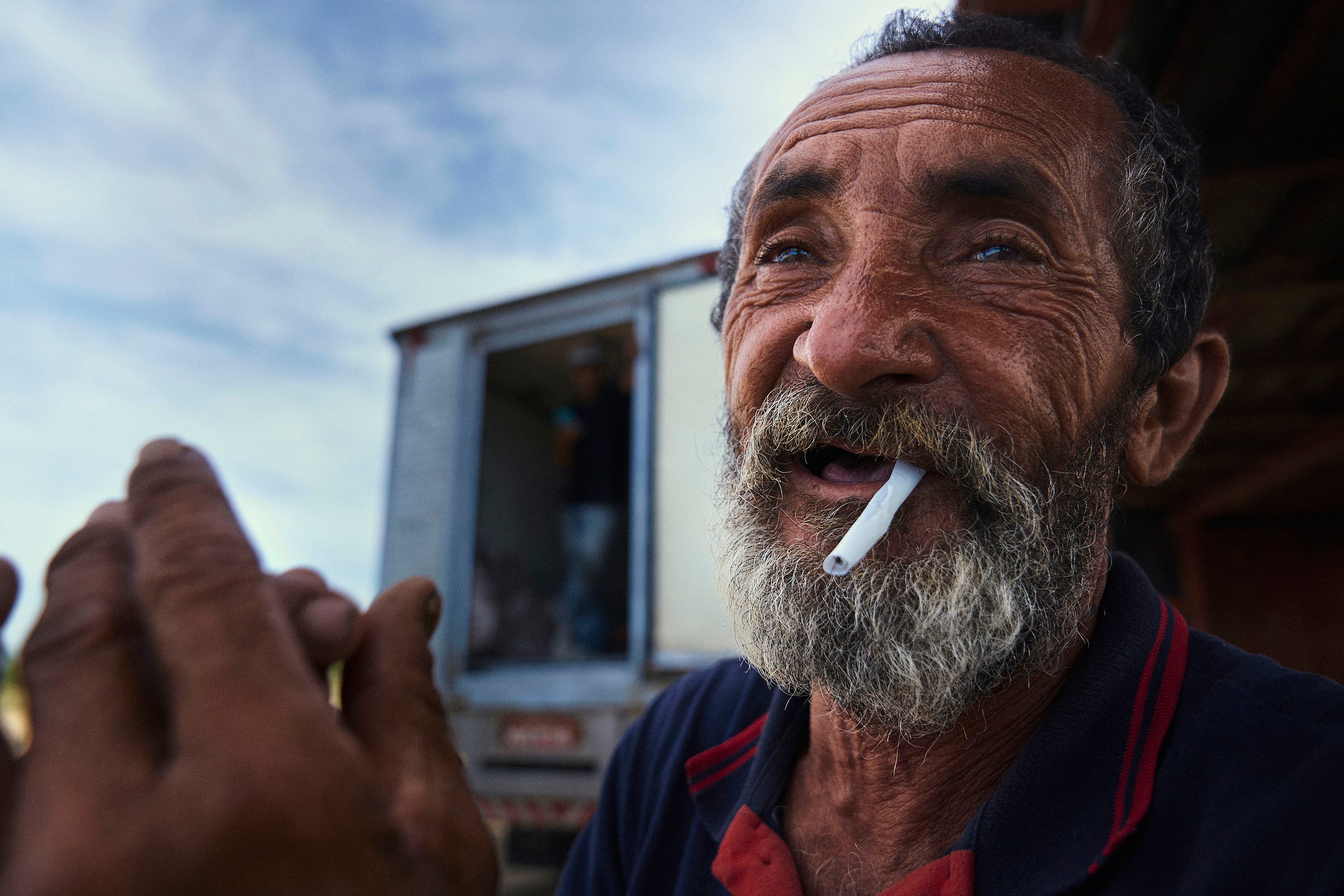

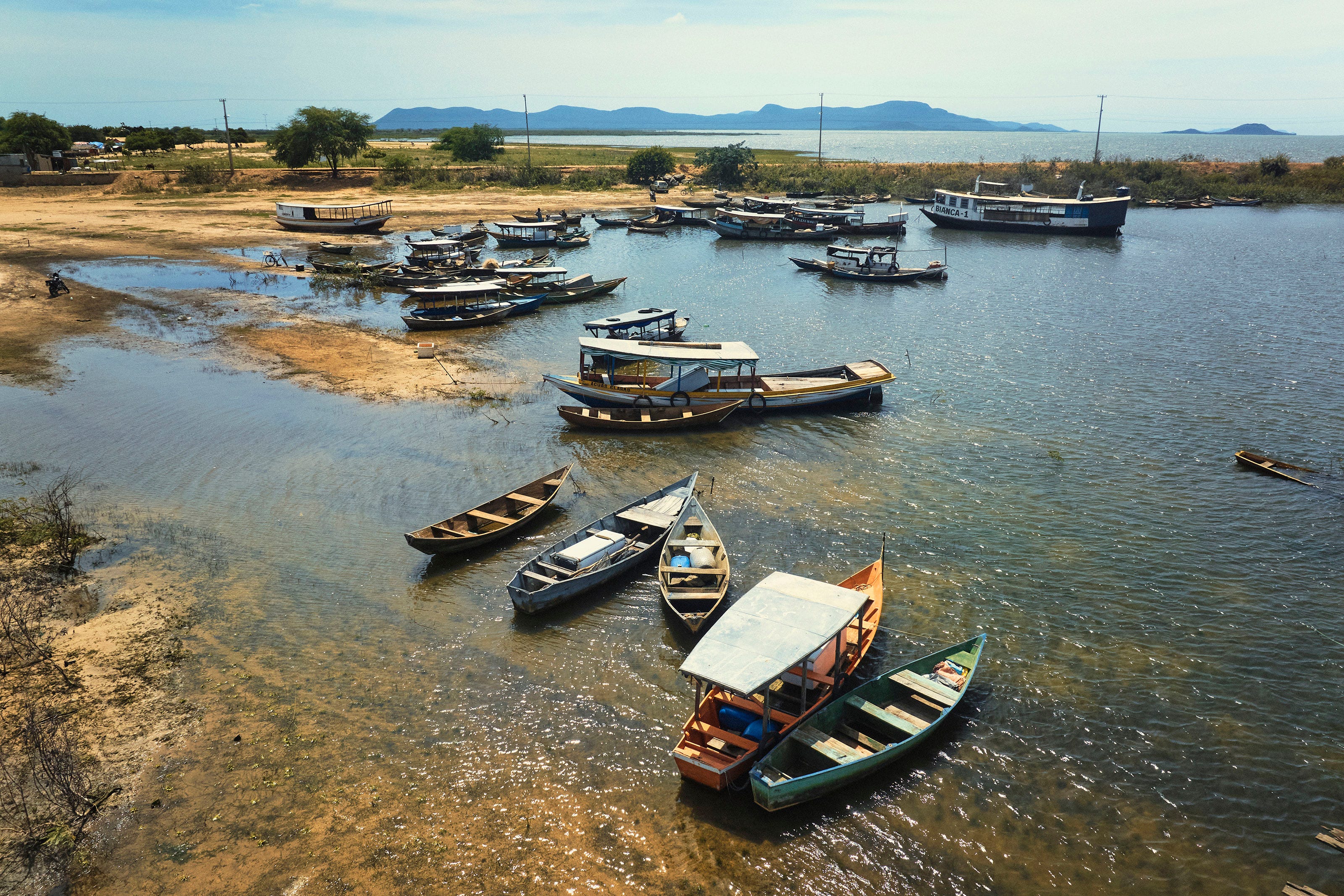
This is it. This is the photography I'm on substack to see. God damn, it's a hell of a series. Documentary, environmental portraiture and just pure feeling. Bravo, friend. Looking forward to more stories always.
Once again, great article with some beautiful environmental portraits. Well done and thank you for sharing 🙏.